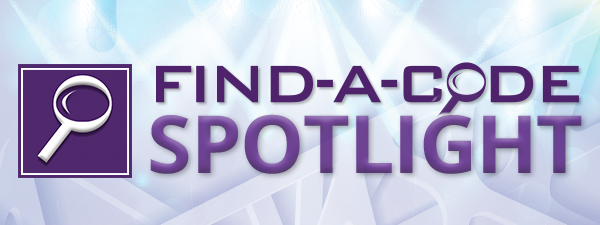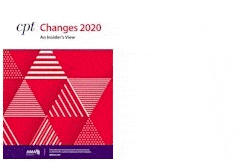 Is it a HIPAA Violation to Email Patients?November 13, 2014
Straight from the Office of Civil Rights: Q: Does the HIPAA Privacy Rule permit health care providers to use e-mail to discuss health issues and treatment with their patients? A: Yes. The Privacy Rule allows covered health care providers to communicate electronically, such as through e-mail, with their patients, provided they apply reasonable safeguards when doing so. See 45 C.F.R. § 164.530(c). For example, certain precautions may need to be taken when using e-mail to avoid unintentional disclosures, such as checking the e-mail address for accuracy before sending, or sending an e-mail alert to the patient for address confirmation prior to sending the message. Further, while the Privacy Rule does not prohibit the use of unencrypted e-mail for treatment-related communications between health care providers and patients, other safeguards should be applied to reasonably protect privacy, such as limiting the amount or type of information disclosed through the unencrypted e-mail. In addition, covered entities will want to ensure that any transmission of electronic protected health information is in compliance with the HIPAA Security Rule requirements at 45 C.F.R. Part 164, Subpart C. Note that an individual has the right under the Privacy Rule to request and have a covered health care provider communicate with him or her by alternative means or at alternative locations, if reasonable. See 45 C.F.R. § 164.522(b). For example, a health care provider should accommodate an individual’s request to receive appointment reminders via e-mail, rather than on a postcard, if e-mail is a reasonable, alternative means for that provider to communicate with the patient.
By the same token, however, if the use of unencrypted e-mail is unacceptable to a patient who requests confidential communications, other means of communicating with the patient, such as by more secure electronic methods, or by mail or telephone, should be offered and accommodated. Patients may initiate communications with a provider using e-mail. If this situation occurs, the health care provider can assume (unless the patient has explicitly stated otherwise) that e-mail communications are acceptable to the individual. If the provider feels the patient may not be aware of the possible risks of using unencrypted e-mail, or has concerns about potential liability, the provider can alert the patient of those risks, and let the patient decide whether to continue e-mail communications. In addition, some societies and associations offer their own platforms you may want to consider. At the end of the day, the important thing when it comes to PHI protection is that you take steps to protect and attempt to mitigate any unauthorized disclosure. share
More Items in November 2014
To view more items select a month from our "Items by Month" list. |
PollHow likely are you to recommend Find-A-Code to a friend? 1 = not likely, 9 = very likely
2021 - View 2020 - View 2019 - View 2018 - View 2017 - View 2016 - View 2015 - View 2014 - View 2013 - View 2012 - View 2011 - View 2010 - View 2009 - View 2008 - View |
Thank you for choosing Find-A-Code, please Sign In to remove ads.

 Quick, Current, Complete - www.findacode.com
Quick, Current, Complete - www.findacode.com